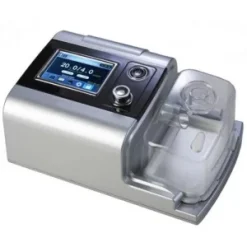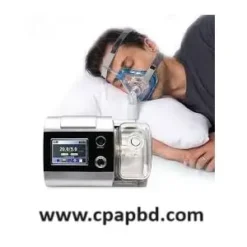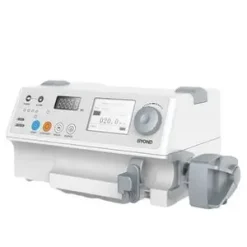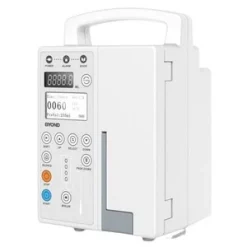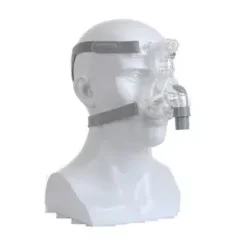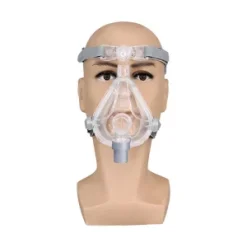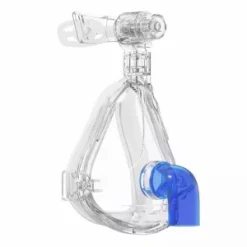Beyond or Resfree CPAP & BiPAP Machine
Sleep apnea affects millions worldwide, making it a common but serious sleep disorder. For years, Continuous Positive Airway Pressure (CPAP) and Bilevel Positive Airway Pressure (BiPAP) machines have been essential in treating sleep apnea. However, as technology continues to advance, there are now machines that not only match but also surpass traditional systems. Notably, the Beyond or Resfree CPAP and BiPAP machines have emerged, offering enhanced comfort, efficacy, and convenience.
Advanced Features for Better Sleep
Today’s Beyond or Resfree CPAP and BiPAP machines are packed with features that significantly improve the user experience. For instance, auto-adjusting pressure ensures optimal airflow without causing discomfort, as it automatically adjusts based on the user’s needs. Moreover, integrated humidifiers work to prevent dryness and irritation, thereby making therapy more comfortable. These machines also operate quietly, which, in turn, reduces disturbances during sleep. Furthermore, smart connectivity options now allow users to track their sleep data via mobile apps, enabling them to easily share this data with their healthcare providers.
Improved Mask Designs
In addition to these advanced features, significant improvements in mask design have further contributed to the evolution of Beyond or Resfree CPAP and BiPAP therapy. Nasal masks, for example, are now more compact and lightweight, making them ideal for users who prefer minimal contact with their face. Meanwhile, full-face masks provide a secure fit, which is particularly effective for users who breathe through their mouth. Similarly, nasal pillow masks deliver direct airflow to the nostrils, offering maximum comfort and freedom of movement. Importantly, these masks are all compatible with Beyond or Resfree systems, thus enhancing the overall therapy experience.
Personalized Therapy
When it comes to personalized sleep therapy, solutions are emerging that go beyond traditional CPAP and BiPAP machines. Specifically, Beyond or Resfree machines now include Adaptive Servo-Ventilation (ASV) devices, designed for patients with complex sleep apnea. These devices adjust pressure dynamically, thereby stabilizing breathing patterns. Additionally, mandibular advancement devices (MADs) have been introduced, which reposition the jaw to keep the airway open. This offers an alternative for those who cannot tolerate traditional CPAP therapy.
The Future of Sleep Therapy
Looking ahead, the future of sleep apnea treatment appears promising with Beyond or Resfree. Not only is research and development focusing on various innovations, but wearable technology is also being developed to monitor sleep patterns and provide real-time feedback for therapy adjustments. Moreover, AI-driven algorithms, integrated into Beyond or Resfree systems, now analyze sleep data to predict and prevent apnea events. Furthermore, telemedicine facilitates remote monitoring and consultations, making it easier for patients to receive timely and personalized care, regardless of their location.
In conclusion, these advancements in Beyond or Resfree CPAP and BiPAP machines are revolutionizing sleep therapy. New technologies not only offer more comfortable and effective treatment options, but they also provide personalized care, ensuring that those affected by sleep apnea can look forward to better sleep and an improved quality of life.

